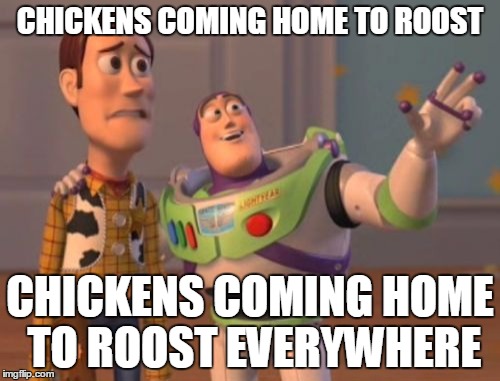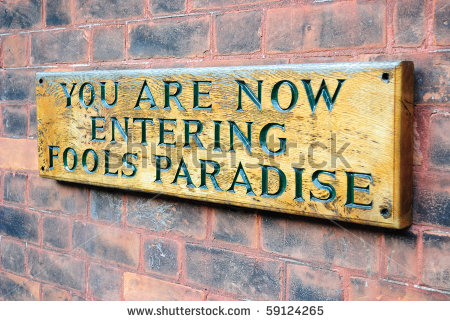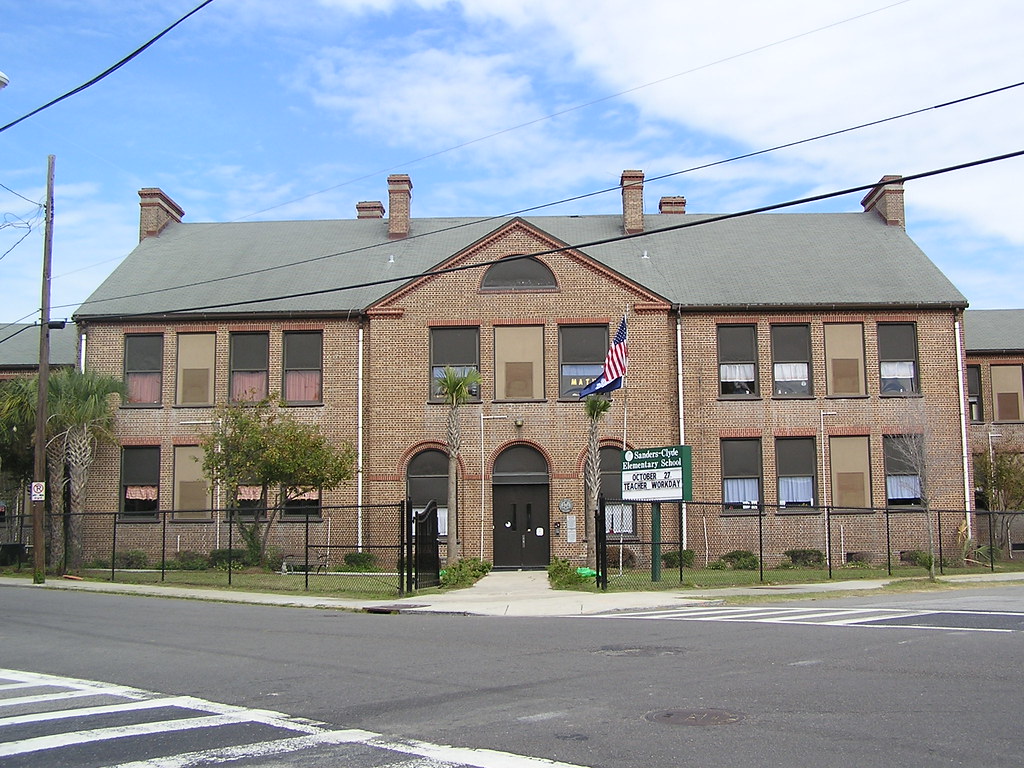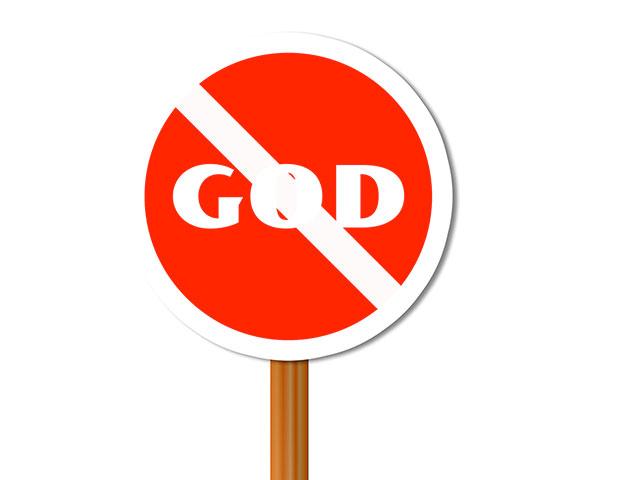
John C. Calhoun never plotted to kill blacks, either slave or free. The same cannot be said of Denmark Vesey, who planned to murder as many whites as possible. Yet no one seems to be offended by Vesey's statue here in Charleston. The murder of innocents was justified?
Michael Trouche's Letter to the Editor on that subject this month reveals Brian Hicks's own ignorance on the Calhoun topic. Hicks's self-satisfied smug attitude towards those who wish to continue to honor the only South Carolinian ever Vice-President of the United States reveals Hicks's own lack of education.
But, more importantly, what are students in the Charleston County School District taught about Calhoun? Not much, judging by comments by locals wishing to put the statue "in context." Actually, Calhoun thought that slaves were better off in America as slaves than those abolitionist racists who were determined to send them back to their black slave masters in Africa. Can you blame him?
Given the present political climate, it's hopeless to expect that the true context of Calhoun's remarks on slavery will get a hearing anywhere except in arcane academic circles. Emotion, not logic, rules the day. What if we took Lincoln's remarks on blacks, many of which are racist, and used them to judge Lincoln, forgetting about the rest of his accomplishments?
This brouhaha is merely another facet of South-bashing perpetrated by hate-mongers and the media.
"He was the driving force behind the Monroe Doctrine and the Missouri Compromise, spearheaded improvements in national infrastructure and banking, and reorganized the military with a model still used today. He also founded the Bureau of Indian Affairs and negotiated dozens of treaties intended to make native tribes more self-sufficient until those treaties were broken by later administrations."
"Anyone who reads the full text of Calhoun’s 1837 speech defending slavery will see that there was no racial hatred in Calhoun’s heart and that he showed more compassion for others than the columnist does for those with another point of view." --Michael Trouche
















